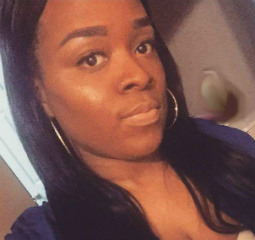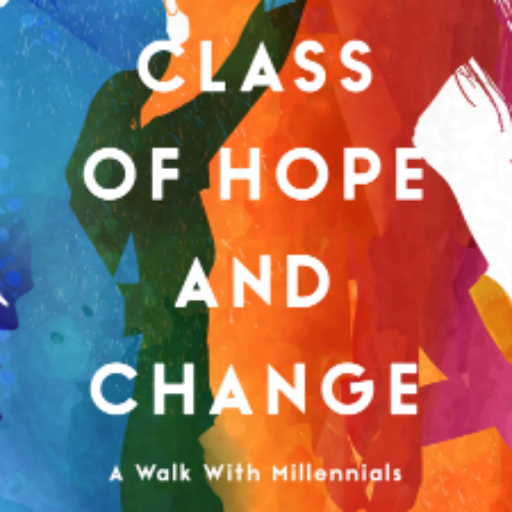Felice is from Brooklyn, New York and was living in Atlanta, Georgia at the time of her interview. She was spending a lot of her days “trying to make this money.”
Felice’s Most Likely To Is: Most Likely To Succeed

Listen to our full interview with Felice
Listen to “Conversation 44 (Felice)” on Spreaker.Check out some of the organizations that inspire Felice:
